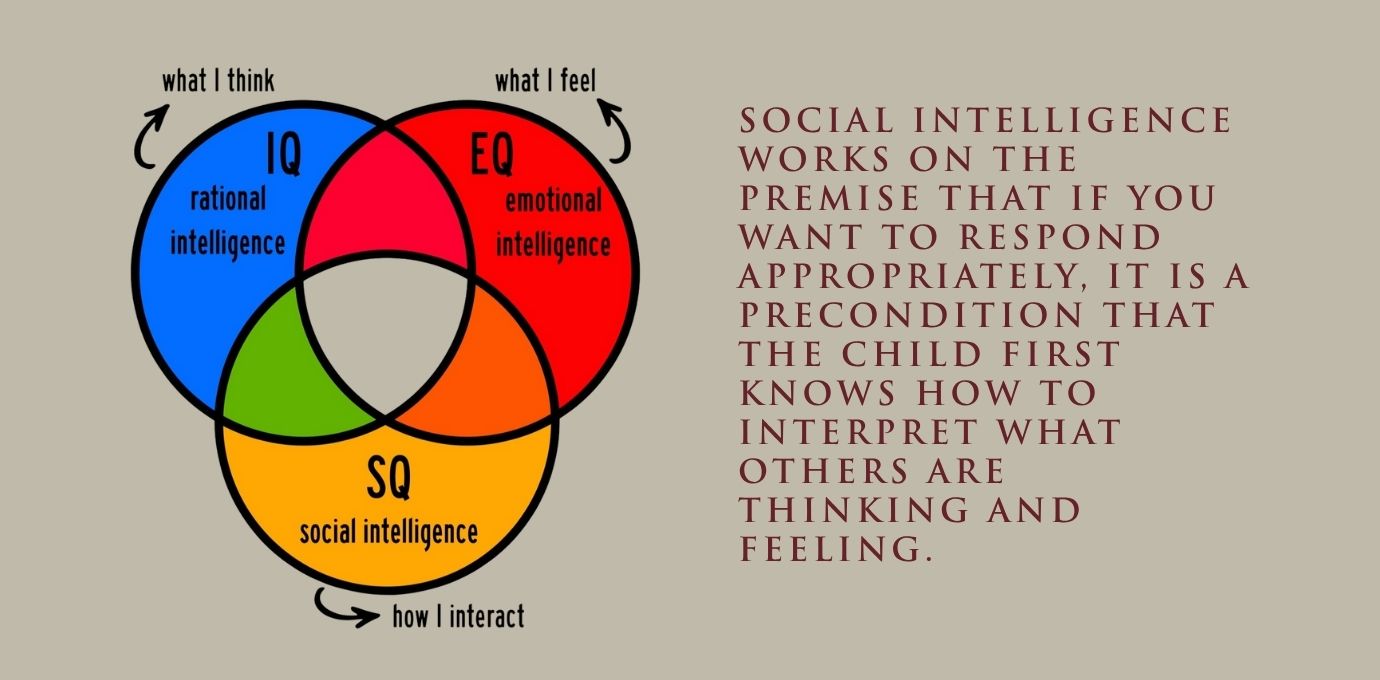What private tutoring teaches that classrooms can’t
When families come to us at Tutors International, they’re often looking for more than just top grades. They want their child to thrive academically and socially — to be confident without being arrogant, compassionate without being taken advantage of. In short, to be emotionally and socially capable in a world that rewards nuance.
That capability doesn’t always come from classrooms. In fact, we’ve seen it bloom most consistently in one-to-one tuition settings. Not because tutors are ‘better’ than teachers, but because the setup allows for something mainstream schooling can’t always deliver: deliberate practice in social intelligence.
And in a time when even business schools are prioritising “soft” skills over technical prowess, it’s no longer optional.
The difference between emotional intelligence and social intelligence
The term emotional intelligence (EI) was first introduced by researchers Peter Salovey and John Mayer in 1990, and later brought to wider attention by Daniel Goleman’s bestselling 1995 book Emotional Intelligence. Goleman defined EI as “the capacity for recognising our own feelings and those of others, for motivating ourselves, and for managing emotions well in ourselves and in our relationships.”
Over the years, EI has been linked to everything from academic performance to career success. Many school programmes now include aspects of emotional learning — teaching children to manage stress, build self-awareness, and show empathy.
But there’s another piece of the puzzle that often gets overlooked: social intelligence.
In his 2006 follow-up, Social Intelligence: The New Science of Human Relationships, Goleman explored this related but distinct concept. While emotional intelligence is mostly about managing your own emotions and recognising those of others, social intelligence goes one step further: it’s about navigating complex human interactions in real time.
He describes SI as “being intelligent not just about our relationships but in them” emphasising skills like empathic accuracy (reading others’ emotional states), social cognition (understanding group dynamics), and interpersonal effectiveness (knowing how to respond appropriately).
Put simply:
✔ EI helps children recognise feelings.
✔ SI helps them respond to them skilfully, and in context.
That means understanding not just what someone is feeling, but why they might feel that way, and how best to engage in that moment. It also means interpreting tone, timing, and unspoken social cues. Which is harder than it sounds.

Can children learn social intelligence?
Goleman made the case in Social Intelligence that our brains are wired for connection, and that social awareness and relationship management are shaped just as much by environment and experience as by personality.
More recent studies back that up. A 2022 review in Developmental Psychology showed that children’s ability to understand others’ emotions (sometimes called ‘theory of mind’) is heavily influenced by adult scaffolding. It’s not about being extroverted. It’s about being coached, gently, over time.
That coaching happens most reliably in close, responsive adult relationships. Not in a group of thirty.
Adam Caller explains how the close relationship between the student and tutor accelerates the learning of social intelligence:
“Children taught within our educational system necessarily have to follow the same academic curriculum and their success is ultimately measured by how well they perform in public examinations. However, not every child will thrive in an environment that focuses on measuring success through academic grading. Mainstream classrooms mean every child is taught the same content in the same way, despite the fact that every student has individual learning styles.
“A bespoke private tutor enables the student to interact on a one-to-one basis with their tutor; they are able to form a symbiotic relationship that allows the student to feel confident to ask questions, answer questions and ask for support when needed. The tutor will enhance the learning experience by providing feedback, encouraging and motivating the student by asking more challenging questions, by giving examples or by prompting. The depth and intensity of this customised learning experience allows the child to learn how to deal with social relationships effectively. They learn to follow the example of their tutor who is modelling interpersonal awareness and collaboration whilst participating in a caring social interaction”.
What about socialisation?
Some parents worry that full-time homeschooling might isolate their child. We hear that concern a lot. But in practice, it’s often the opposite.
Because the tutoring relationship is based on psychological safety, the child learns how to reflect on awkward moments, test out new approaches, and recalibrate when something lands wrong.
It’s the difference between being thrown into the deep end vs learning to swim with a trusted coach by your side.
Tutors often accompany students on outings, projects, and even international travel where these skills get tested in real-world settings. Whether they’re navigating a new language, planning an itinerary, or working alongside adults, the student is continuously rehearsing and refining their interpersonal toolkit.
What does this look like in reality?
Our tutors don’t run through canned “social skills” curriculums. They fold social intelligence into daily interactions. It’s baked into the way they:
✔ Ask open-ended questions
✔ Offer constructive feedback without judgment
✔ Model respect and curiosity in disagreement
✔ Encourage reflection on what worked – and what didn’t
And because every placement is bespoke, we can prioritise the specific social competencies a child needs to thrive in their unique context – whether that’s preparing for boarding school, managing fame, or navigating multilingual family life.
What we look for when hiring tutors
It’s not enough to be brilliant on paper. Our best tutors are those who:
✔ Have lived and worked in multiple countries
✔ Are emotionally literate and culturally fluent
✔ Know how to build rapport across age groups
✔ Understand what to say, and when to stay quiet
And yes, we vet for those qualities carefully. Our selection process involves simulated interviews, reference triangulation, and psychometric testing.
Raising a socially capable young adult starts here
Your child may get good grades. They may be curious, ambitious, even charming. But that doesn’t guarantee they can navigate the complexities of social life, especially at the level UHNW families often require.
Social intelligence is too important to leave to chance. And with the right tutor, it’s something your child can develop consciously, comfortably, and confidently.
Not by sitting through a seminar. But by living it, day to day, with someone who gets them and gets what’s at stake.

